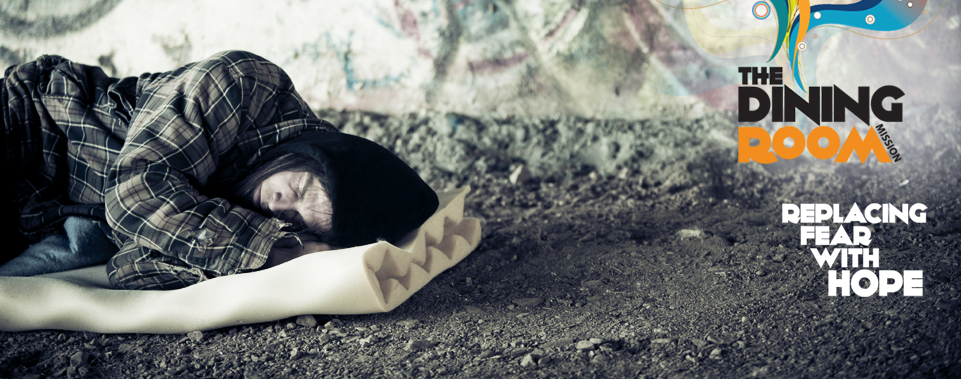The notion of HOME…
All of us without exception have an indisputable right to safe, secure, affordable housing. Every individual and every family need to belong somewhere and be part of a community with other people. This is a key foundation on which we build our lives and care for our families.
However, on any given night in this wealthy country, more people than a sell-out crowd at MCG don’t have a place to call ‘home’. They crash-dive into being homeless because of loss of job security, rising rents, serious physical or mental illness or fleeing domestic violence and sexual abuse or serious addiction. These deeply disadvantaged people are victims of a system that rejects and fails to fully support the most vulnerable in the community.
To understand what it means to be homeless and how it impacts on individuals and families we ought to ask ourselves some questions.
What does it take to make a home? How can home nurture a sense of belonging?
How does home encourage connection to community? Is there a place, a space where you feel home?
Perhaps it’s the house you grew up in or the house you now live in or your workplace or a favourite holiday location. Is the idea of home attached to your childhood, your family or to someone special?
Home can simply be about being surrounded by precious memories that keep a deceased person alive and present.
For most of us home is located in our desire for a place that’s emphatically ours, a place that’s in harmony with us, that says things about us with which we’re comfortable, that whispers “you’re safe here”. Home is an anchor, a sanctuary both physical and emotional.
It’s about a quality of life that makes sense in a world that’s loud, erratic, ferocious, relentless.
To be home is to feel at peace. It’s the place where we’re free to express ourselves.
This notion of ‘my place’ allows us to know where we belong and it stands as a symbol of our uniqueness and sense of identity. And if we can’t be there for some time the notion of home lingers gently on our minds.
To have a place, a special place to call home is the key to understanding what being homeless is like. If you’re homeless you’re a social outcast, you endure personal misery, you have little or no quality of life. In time it can pulverise you’re psychological, emotional and physical health. It’s a source of grief, shame, fear and unresolved tension.
To be homeless isn’t only about individuals and families not having a roof over their heads; it’s much more about exclusion, isolation, sorrow, poverty. It’s about ordinary people like you and me facing extraordinary pressure in dreadful often brutal circumstances. Every person without exception has an indisputable right to safe, secure, affordable housing.
And the key to ending this appalling social problem requires more than just getting people into a building; it requires tackling the reasons they are homeless in the first place.
